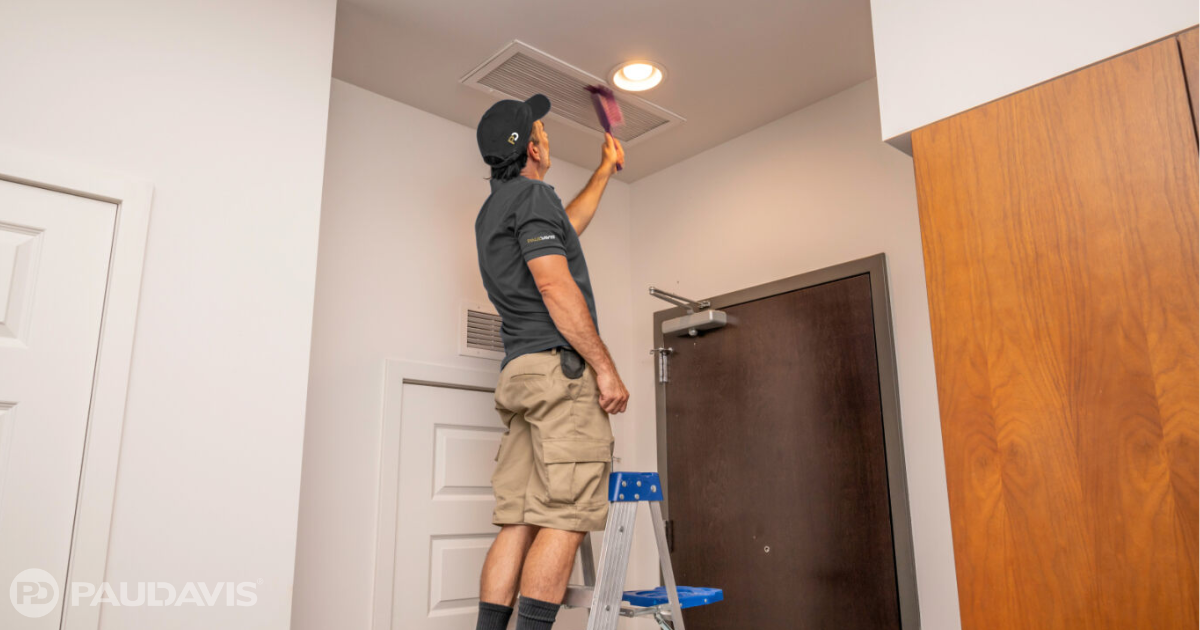
“The way we work changed dramatically over the last five years,” says Richard Green, President, Paul Davis Restoration Ottawa, Ontario. “Companies were forced to change, too, at breakneck speed. Some excelled while many others struggled or failed. The ones that thrived – and continue to grow - shared similar approaches.”
Savvy companies, Green says, share these smart practices for building long-term success in a changing world:
Accommodating workforce changes. They implement hybrid schedules – remote work, work from home, episodic office time and other flexible working arrangements - to attract and keep the best talent.
Navigating property needs. They track and measure true needs and usage profiles for properties; further, they forecast usage needs accurately. Manufacturing companies, for instance, increasingly outsource processes and reduce footprints. Technology-based companies may move entirely online, eliminating physical footprints.
Managing maintenance, inspections and compliance. Those with property maintain it carefully even if properties are lightly trafficked, temporarily unused or undergoing usage transitions. Systems like HVAC, plumbing and roofing require regular attention to prevent damage, boost safety and hold property value.
Managing security. As property use and traffic patterns change for companies and surrounding communities, the risks of squatting, vandalism, mischief and unauthorized entry rise. Alarm systems, security staff and access control attain increasing importance.
Leveraging technology. They automate processes, implement cybersecurity, migrate data storage online and install remote monitoring – to name just a few ways savvy companies are adopting technology. They also harness the “Internet of Things” – online control of equipment and processes – to streamline operations.
Planning for climate change. They track and plan for environmental challenges and threats like temperature extremes, water level changes, resource depletion, storm threats and precipitation fluctuations.
“Research suggests that if a small company does not resume operations within 10 days of a natural disaster, it likely will close doors permanently,” Green notes. “That’s just one fact of many that illustrate this truism: resilient companies that prepare for the unexpected are more likely to survive. Paul Davis Restoration can help.”
